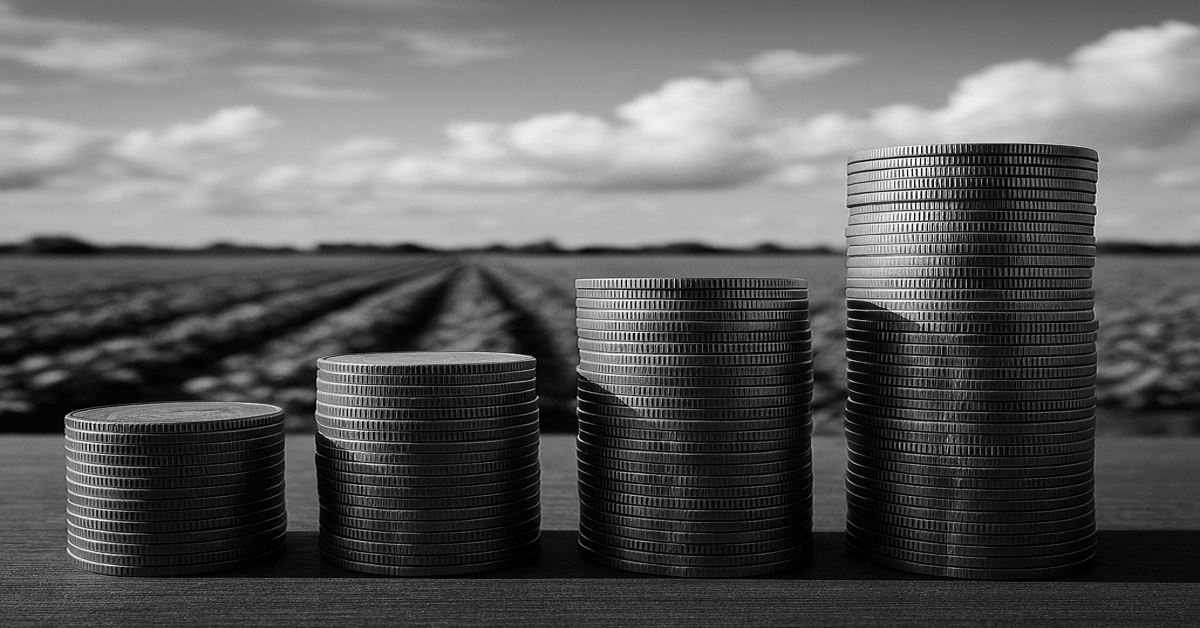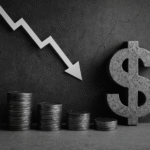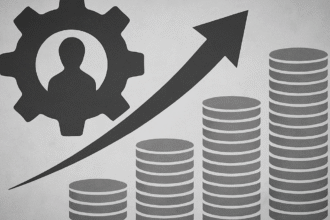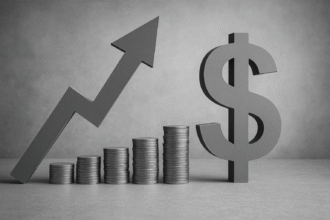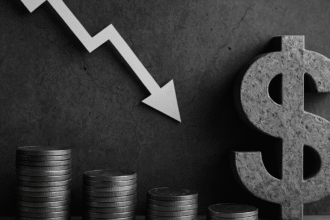Series: The Productivity Trap in Brazil – Part 5
Introduction
Productivity is not just an economic indicator — it is the invisible foundation of any prosperous society. It defines the value of our work, the size of our salary, the cost of living, the ability to innovate, invest and even maintain sustainable public policies. In other words: whoever ignores productivity condemns the country to mediocrity.
In the last four articles, we showed how Brazil works hard and produces little, trapped in structural bottlenecks, sabotaged by the State and stagnated by mistaken political choices. In this final text of the series, we connect all this with what really matters: its future.
1. Real wages depend on real productivity
There is no economic magic: wages only rise sustainably when productivity grows. If a worker produces little, there is no way to pay him much. When governments try to force wage increases without efficiency gains, the result is always the same: inflation, unemployment and informality.
For decades, Brazil has tried to overcome this fact with artificial incentives — subsidized credit, increased public spending, and “acceleration” programs — but the numbers show failure. The average income of Brazilians has stagnated, and the cost of living has increased.
2. Low productivity impoverishes everyone
An unproductive economy generates more expensive products, with lower quality and less international competitiveness. This reduces the population's purchasing power and makes access to goods and services more difficult. The consequence is direct: less consumption, less investment, less opportunities.
Furthermore, productive inefficiency pressures the State to spend more to maintain unsustainable structures. This generates more taxes, more debt and more intervention — creating a vicious cycle of low growth and high dependency.
3. Investment flees from places where little is produced
Investors — national and foreign — seek environments where productivity is high and the return is predictable.Brazil, by maintaining a structure hostile to capital, loses investments that could generate jobs, innovation and development.
And when capital escapes, it is not the “financial market” that suffers. It is the worker who cannot find a job. It is the small business owner who does not have credit. It is the consumer who pays more for less.
4. Productivity is freedom
Productive countries are free countries. Not because they produce more, but because depend less on the State. When the economy is driven by merit, innovation and efficiency, the government does not need to artificially support sectors, control prices or distribute favors.
A productive nation is less vulnerable to inflation, debt and populism. It is better able to protect its civil liberties, its currency, and its sovereignty. Therefore, defending productivity is not just an economic project — it is a political act in defense of individual freedom.
Conclusion
Productivity is the watershed between progress and backwardness. It is not a technical issue — it is the center of any serious discussion about the future of Brazil.
As long as the country remains hostage to a model that stifles efficiency and rewards dependence, we will continue to grow poorer in silence. Breaking this cycle requires courage: to confront protected corporations, backward unions and a state machine that devours what it should serve.
But the first step is to understand the problem. And more than that, putting productivity at the center of public debate.
📚 Read also:
- 👉 What is productivity and why does it matter?
- 👉 Brazil works hard and produces little: a portrait of stagnation
- 👉 Structural bottlenecks: education, infrastructure and bureaucracy
- 👉 The role of the State in low productivity: regulation, protectionism and investments
📩 Want to understand how productivity, freedom and wealth are connected?
Subscribe to the newsletter Economic Radar and receive critical analysis directly to your email:
